Optimal Timing for Water Treatments
Water treatments are essential for maintaining water quality and ensuring safe, clean water for various uses. Proper timing of treatments can optimize effectiveness, prevent buildup of contaminants, and extend the lifespan of water systems. The most suitable times for water treatments depend on seasonal variations, water usage patterns, and specific water quality issues.
Spring is an ideal time for water treatments as water sources often experience increased runoff and contamination. Conducting treatments early can prevent issues during the peak usage months.
Fall treatments prepare water systems for winter, reducing the risk of freezing and addressing any accumulated contaminants from the warmer months.
Performing treatments before high-demand seasons ensures water quality remains optimal during peak usage periods.
After repairs or system upgrades, treatments help remove debris and contaminants introduced during maintenance activities.
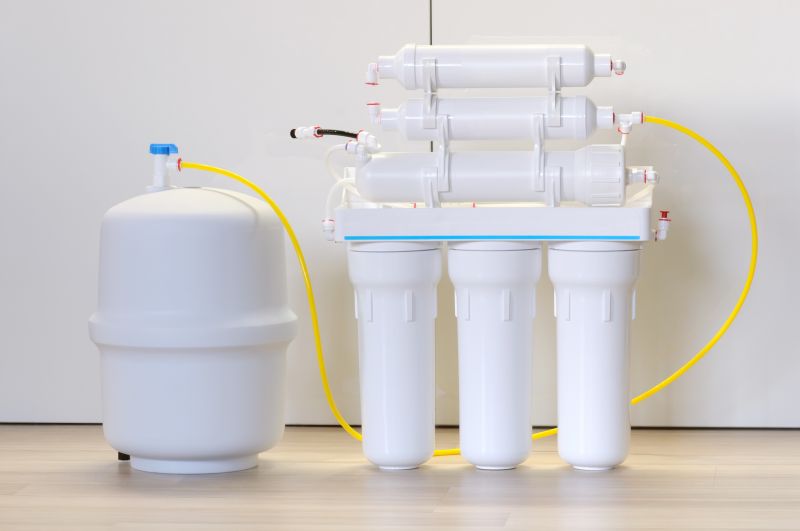
An active water treatment process removing impurities from water.
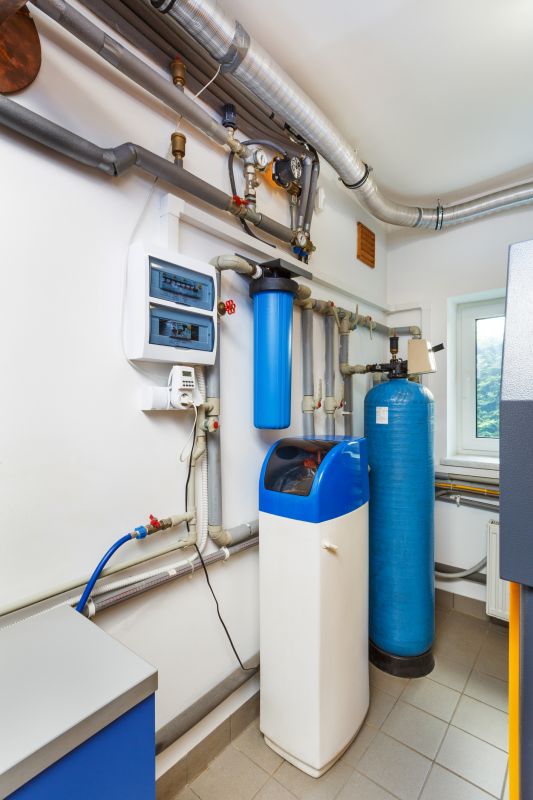
Application of chemicals to purify water and control microbial growth.
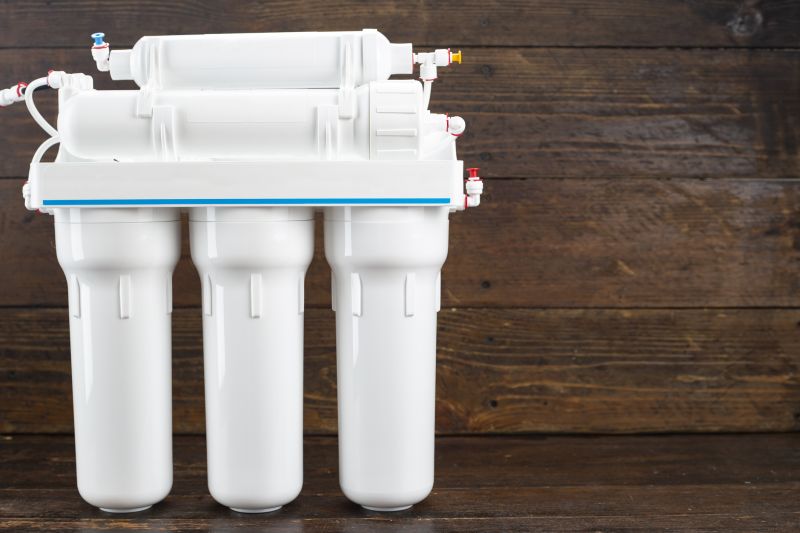
Advanced filtration systems used in water treatment facilities.
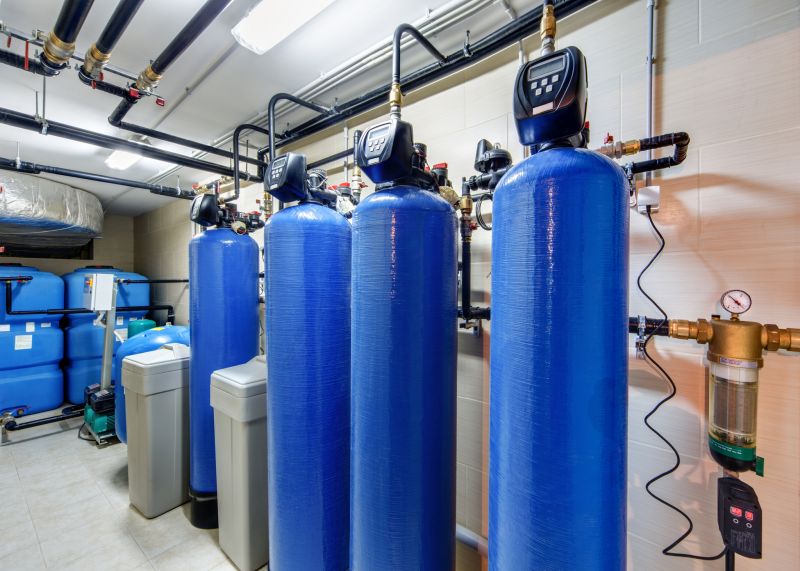
Laboratory analysis ensuring water meets safety standards.
| Season | Optimal Timing for Water Treatments |
|---|---|
| Spring | Ideal for preventing spring runoff contamination. |
| Summer | Regular treatments to address increased usage and possible algae growth. |
| Fall | Prepares water systems for winter conditions. |
| Winter | Limited treatments unless issues arise due to freezing or contamination. |
| Post-Repair | Immediately after repairs or upgrades. |
| Pre-High Demand | Before peak usage seasons for optimal water quality. |
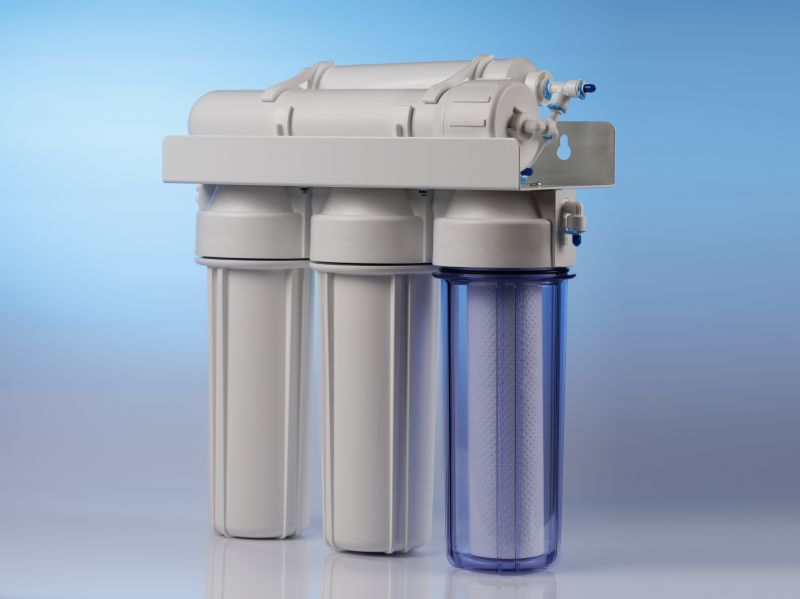
A large-scale facility performing comprehensive water purification.
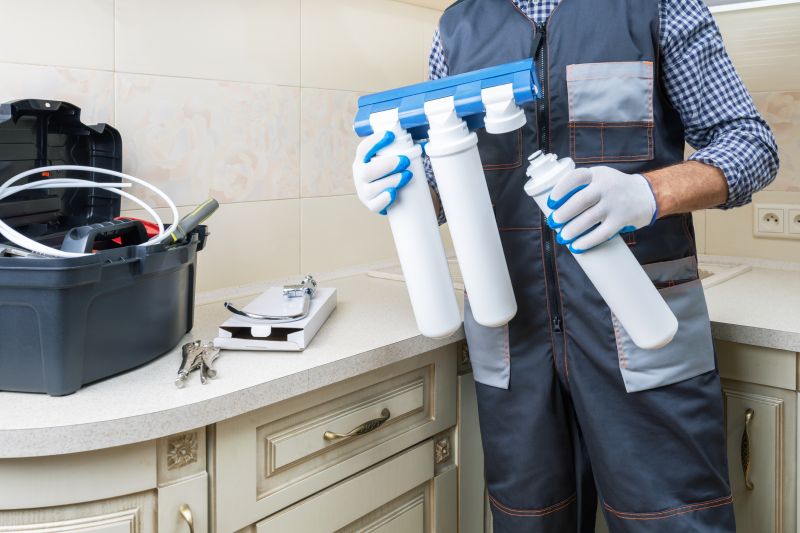
Use of chlorine or other disinfectants to eliminate pathogens.
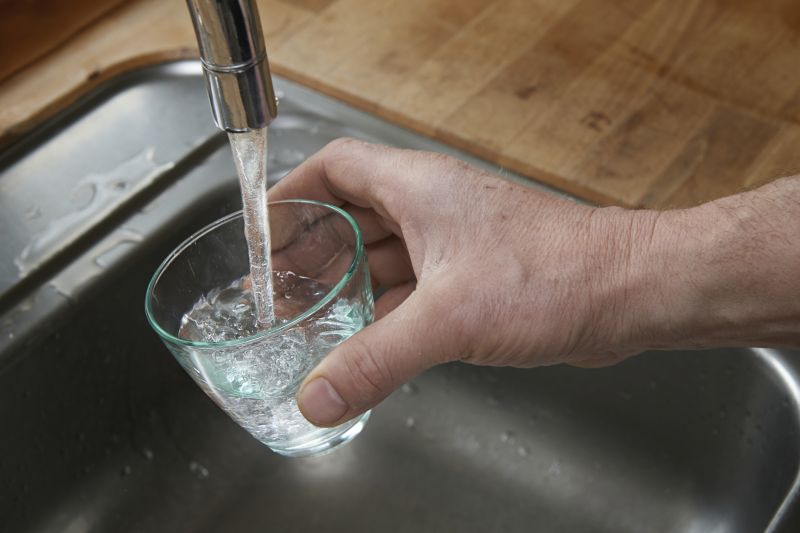
Sampling and analysis to ensure safety standards are met.

Treated water being distributed through a municipal system.
Interested in scheduling water treatments to maintain optimal water quality? Filling out the contact form provides an opportunity to discuss specific needs and develop a tailored treatment plan. Regular treatments can help prevent system failures, reduce operational costs, and ensure safety for all water users.

